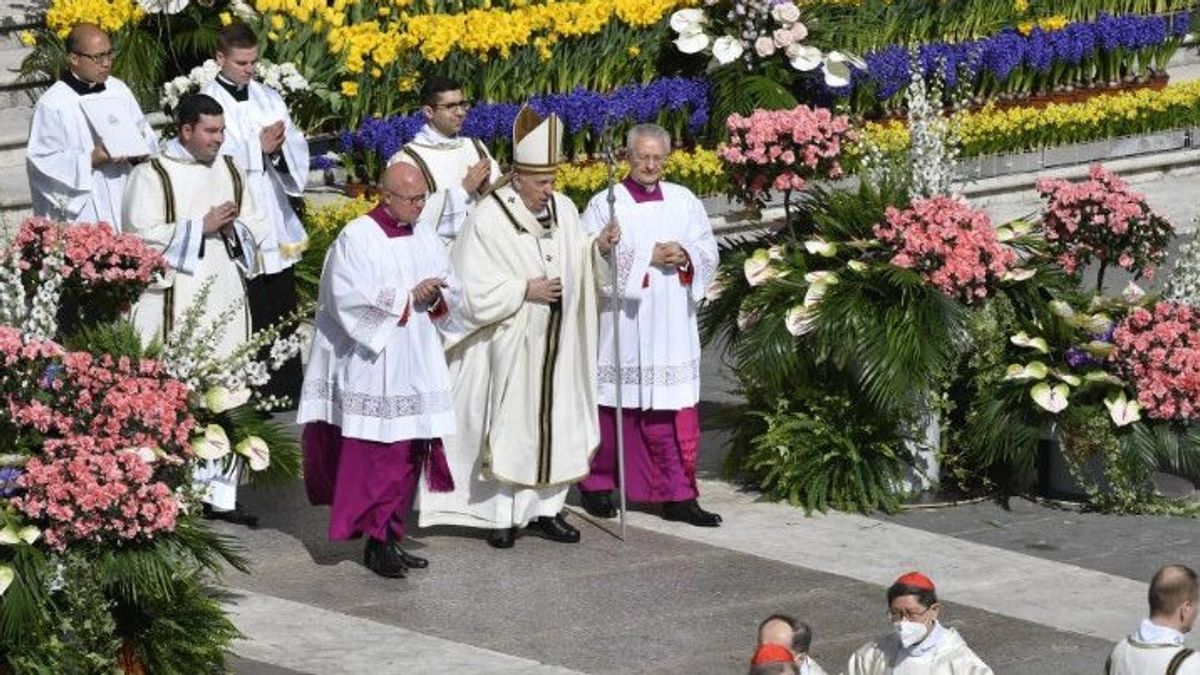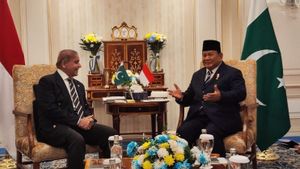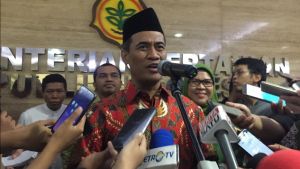JAKARTA - Pope Francis announced on Sunday he will appoint 21 new cardinals, including one based in Mongolia, as he once again contributes to the future of the Roman Catholic Church, elevating more cardinals from developing countries to high ranks.
Sixteen are cardinal electors under 80 years of age, eligible to enter the conclave to elect his successor from among themselves upon his death or resignation. Eleven voters were from or based in countries outside Europe or North America.
The cardinal is second only to the pope in the Church hierarchy and serves as his closest adviser at the Vatican and around the world. Because of the cardinal's historical power and influence, they are still called Princes of the Church, even though Pope Francis has told them not to live like royalty and be close to the poor.
One notable appointment was the appointment of Bishop Robert McElroy of San Diego, California, who was seen as a progressive man. By awarding San Diego his first cardinal, Francis passed the conservative archbishop of the major cities of San Francisco and Los Angeles.
McElroy has been an outspoken ally of Francis' pastoral approach on issues such as environmental protection and a more welcoming approach to gay Catholics.
He also opposes the US conservative Church, which wants to bar Catholic politicians from receiving Communion because of their support for abortion rights.
After the Aug. 27 ceremony to formally appoint them, known as the consistory, Pope Francis will appoint about 82 of the roughly 132 cardinal electors, raising the possibility that his successor will be a man who reflects his position on key issues.
By then the first Latin American pope will appoint about 63 percent of the cardinal electorate, further increasing their presence in the developing world, and once again loosening Europe's centuries-old grip on the College of Cardinals.
It will be the eighth consistory since Francis, 85, was elected in 2013 and with each he continued what a diplomat on Sunday called "leaning towards Asia," raising the possibility that the next pope could be from the region.
By appointing cardinals in Singapore, Mongolia, India and Timor Leste, Pope Francis appears to be seeking to increase the prestige and influence of the Church in Asia, a growing economic and political power.
The new voters include Archbishop Giorgio Marengo, an Italian who is currently the administrator of the Catholic Church in Mongolia. The country has fewer than 1,500 Catholics.
However, it is strategically significant because it borders China, where the Vatican is trying to improve the situation for Catholics in the communist country. At 48, he is the youngest of the cardinal new electors.
Other cardinal voters came from France, Nigeria, Brazil, India, the United States, Timor Leste, Italy, Ghana, Singapore and Paraguay. The three Vatican officials who will be made cardinals in August come from South Korea, Britain and Spain.
Once again, Pope Francis bypassed archbishops in major European and American cities who traditionally had cardinals before his election in 2013, preferring to appoint men in far-flung places where the Church is small or growing and more vibrant than in Europe.
New cardinals from other developing countries include the archbishops of Ekwulobia in Nigeria, Manaus and Brasilia in Brazil, Goa and Hyderabad in India, Wa in Ghana and Asuncion in Paraguay.
The English, Chinese, Japanese, Arabic, and French versions are automatically generated by the AI. So there may still be inaccuracies in translating, please always see Indonesian as our main language. (system supported by DigitalSiber.id)













